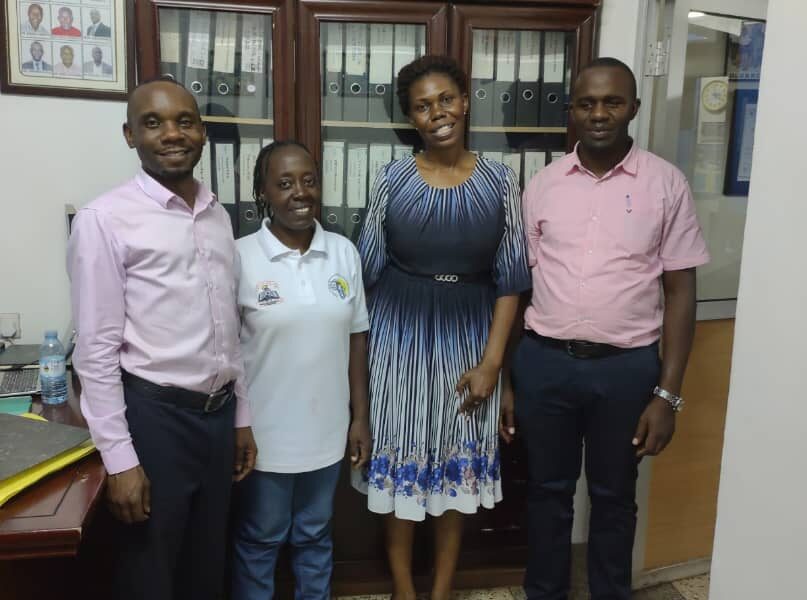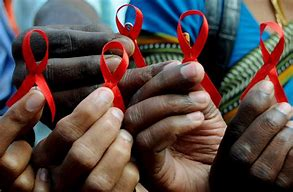
Course Description
The course is housed in the School of Social Sciences, in the department of Development and Community Studies. The programme of Diploma of Arts degree in Social Work and Social Administration offers training to undergraduate students. It is a 2 years programme leading to the award of a Diploma in SWASA.
The programme has been carefully developed to equip participants with appropriate skills, knowledge and understanding of social issues, programmes, challenges and opportunities related to our communities. The course therefore exposes students to both theoretical and practical experiences in relation to social problems. The theoretical component presents the relevant theoretical orientations on the nature of social development needs, interventions and challenges.
Students in their second year are required to undertake internship trainings during the vacation following the second semester. The practical component of the course programme provides students with the opportunity to transform the knowledge and skills acquired in class into practical abilities. The student will attain integral development, including the capacity to build and use relationships, knowledge, imagination, opportunities, influence, time and ability to work under challenging circumstances in transforming society as change agents.
Course Overview
As the world continues to develop and evolve in several aspects, social wellbeing of people, communities, and nations at large is at the center of development. This calls for dedicated, passionate and career-oriented social workers and administrators with specialized knowledge to support societies in addressing societal issues, and finding solutions to prevailing challenges and problems.
Social work and services aim to address a range of societal issues and challenges ranging from poverty, sanitation, education, physical, mental, and psychological health, family issues, equity, and community development at large; providing services, innovations, therapy/counselling, and connecting people to needed resources.
On the other hand, social administration presents the need to understand human behavior, a commitment to social ethics and values, and a vision for the future for the communities served, allowing for those in the sector to make a positive difference in the societies they live in and serve.
With the need for these skills at community, regional, national, and global level in both government and non-governmental organizations to deliver vital human services and social development, this presents the need for specialization and strong knowledge in social administration to serve in these organization, with knowledge in identifying of areas and sectors that lack support, design of programs, budgeting, evaluation of the effectiveness of the programs, managing of overarching strategy for community development, and supporting of policy formulation for regulation, monitoring and harmonization of social interventions.
Course Objectives
By the end of the program, students will be able to support communities to initiate and participate in the management of development programs.
Apply knowledge and skills to stimulate social functioning in various communities with different cultures.
Participate in relief, rehabilitation and development programmes for as with communities.
Facilitate development processes by catalyzing communities to activate their own efforts and resources.





(1) Comment